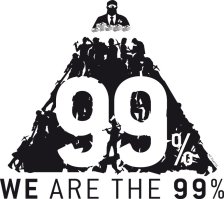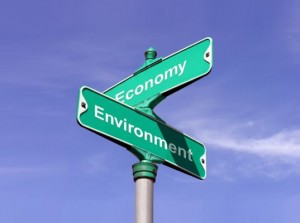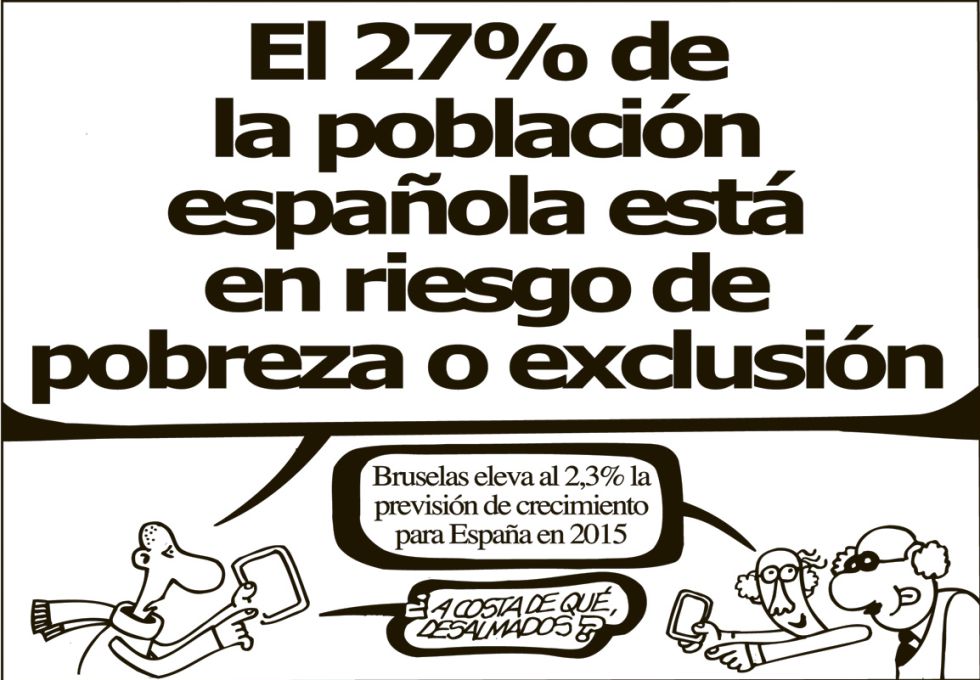Detroit's bankruptcy has been one
of the most significant news of this summer. The municipality owes around
20,000 million dollars to around 100,000 creditors
For every dollar
the municipality collects, 38 cents are destined to pay the big debt created as
a result of the municipal bonds sold to face the expenses of the city. In four
years they will have to use 65 cents of each dollar to pay the debt. But how did Detroit get into such a big
debt?
There are several reasons: one part
of the debt comes from corruption cases. Detroit’s former mayor Kwame
Kilpatrick, who ruled from 2002 to 2008, was sentenced to jail for corruption,
racketeering, bribery, extortion, tax evasion and fraud. But the main reason
for Detroit’s bankruptcy comes from the decline of its economy. In the 1950s Detroit was the 4th city
of the USA. It reached 2 million inhabitants and was worldly known as Motor
City, because of the concentration of automotive industries in the area: Ford, General
Motors, Chrysler and a lot of auxiliary industries. When these big companies started moving
production to other parts of the world in the 1970s, unemployment started to
increase. Many other companies had to close, as a consequence of the purchasing
power reduction and the city started losing population. Detroit has lost around
60% of its population since the 50s. At the moment the inhabitants are around
700,000, 80% of which are black. The unemployment rate is 18.3%, double than
the USA rate.
The decline of economic activity
and the loss of population have resulted in a reduction of the public incomes.
The municipality collects less taxes and has less money to provide public
services. Many public buildings have been abandoned: schools, stations, theaters, concert halls,
libraries…Images of public buildings decay and the deterioration of
infrastructures show the sad face of past full of life places.
Former school
Former public library
Former police station
Packard Motors Plant
Source of the pictures: The Ruins of Detroit, photo exhibition by Yves Marchand and Romain Meffre:
The city’s economic difficulties
also affect the inhabitants’ ordinary life. The municipality doesn’t have money
for ambulances, police agents or fire workers. The average time of response of the
emergency services is 58 minutes. Criminality and insecurity have grown and Detroit
is considered to be the most dangerous city in the USA.
The financial situation of the city
is so extreme that the emergency manager in charge of reducing the debt of the city has ordered an evaluation of the 60,000 works of art the public museums of the city own. In fact, all the properties of the city are being assessed to know their economic value and put them "in the market".
The situation is awful, but there are still some initiatives to start recovering the city, like The Greening of Detroit.
If you want to learn more about Detroit's decline, read the following link:








